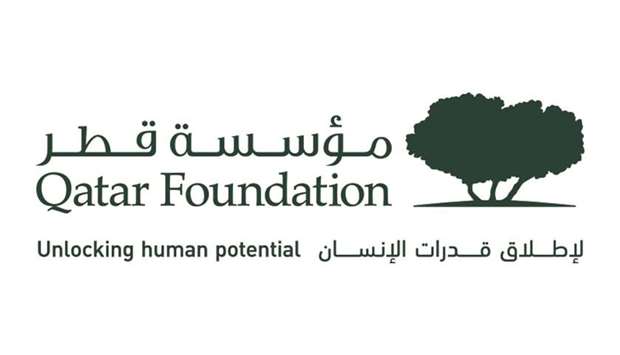Building the education systems of the future requires more than money, and politics must be taken out of the equation, a top World Bank official told Qatar Foundation’s Education City Speaker Series – warning that, without urgent action, “we risk losing a generation”.
The online event – held yesterday in partnership with Education Above All and Qatar Foundation’s World Innovation Summit for Education, was titled ‘Building the Future of Education: How to Prepare Our Youth for a New Normal’.
Dr Jaime Saavedra, global director for Education, The World Bank, said: “This is the worst crisis in education of the last century – we have never lived through something like this before, but we cannot waste the opportunity it gives us.
“We need to be agile, resilient, and optimistic, and also have a sense of urgency. Today is the time of innovation, and if we build in the lessons we have learned, we can create the school of the future that we previously thought was 10 years away.”
While Dr Saavedra emphasised that education budgets have to be protected, “The financing is critical, but so is having the right policies and technical designs – and even that is sometimes the easy part.”
Dr Hassan Rashid al-Derham, president of Qatar University, told the discussion that the financial impact of the pandemic may lead to the closure of some of the world’s universities, and changes to degrees to reflect areas in which students pivot towards, such as medicine and economics.
“This brings our attention to designing our curricula in a way that ensures they are responsive to the needs of the market,” he said.
Obakeng Leseyane – a South African student and education activist whose EdConnect initiative provides underserved communities with access to education, highlighted the importance of “not just giving young people access to education, but ensuring they complete it”.
He said, “I’ve realised that when you have systems that don’t function, a single person choosing to be active within those systems has so much power, and I believe in the power of grassroots-level programmes.”
Nada al-Nashif, United Nations Deputy High Commissioner for Human Rights noted, “There have been many efforts by governments and education actors to try to improvise and think about innovative solutions that were previously thought to be too difficult or impossible - we now recognise we cannot stay with the same thinking about educational interventions, and they have to be rethought and reshaped.”
The event, moderated by Salzburg Global Seminar programme director Dominic Regester, also heard from Dr Mamadou Dian Balde, deputy director within the Division of Resilience and Solutions at the UNHCR, the UN’s refugee agency, who said, “With Covid-19, all the gains we have made in providing refugees with access to education have been threatened.
“To make a difference, the measures have to include enabling, smart, inclusive government policies, and the international community supporting countries that host large numbers of refugees. We should also not look at education in isolation – it has to be linked with the livelihoods of families, teachers and communities.”
Dr Geetha Murali, CEO of Room to Read, stated, “Freeing the world of childhood illiteracy is possible – if we remove political and technical barriers, and have the political will. Even though we know children will develop literacy skills when they have access to materials and skilled teachers and opportunities to learn outside the classroom, so many still do not have this.”

QF New Logo
